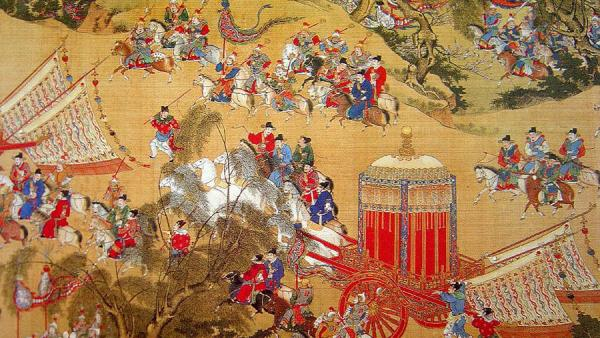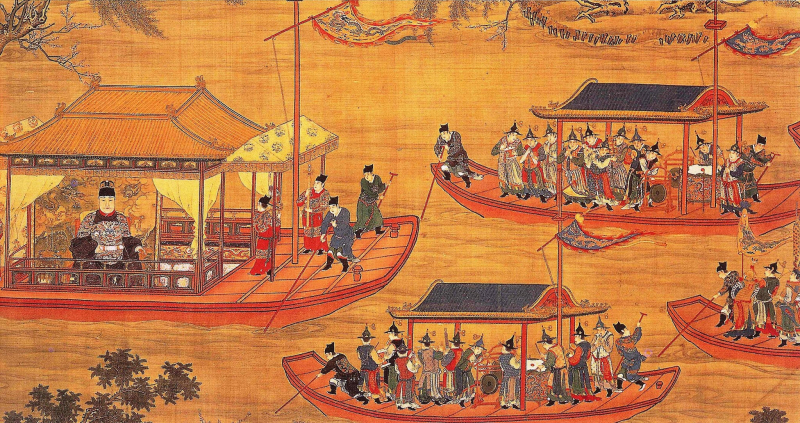The Ming Dynasty
Emperor Hongwu (Chu Yuanzhang) reigned from AD 1368 to AD 1398 and was one of the most famous but barbaric leaders of the Chinese empire, the opening emperor of the Ming Dynasty. It is one of the most famous dynasties as well as the most important events in ancient China. He established a framework for the long-term political and social stability of the Ming government but killed a large number of his advisers and their families during this time. He was just as dictatorial as his father and killed many members of Emperor Jianwen's government after defeating him in battle.
However, he contributed greatly to the history of China and the Ming Dynasty, building the city of Beijing and moving the capital there; Beijing remains the capital of China to this day. He ordered naval missions to the Indian Ocean under the command of Zheng He to demonstrate the strength of the Ming dynasty and also to establish trade connections. He had an intimidating amount of knowledge when it came to politics and used the eunuchs in his court to help him rule the government. In 1558 AD, the Chinese defeated the Japanese privateers, who had continuously pillaged the Chinese coast for many years. Then in 1592 AD, the Chinese helped the Joseon dynasty of Korea overcome the Japanese invasion of Korea.












